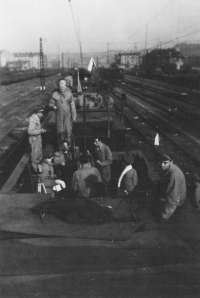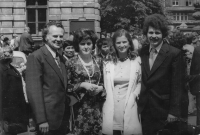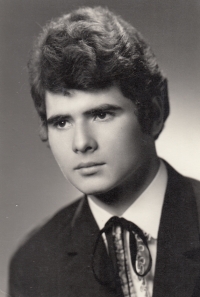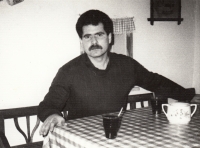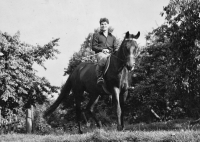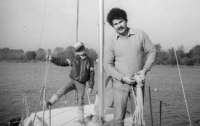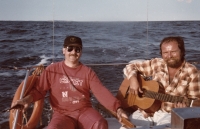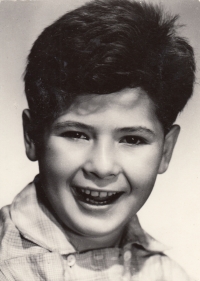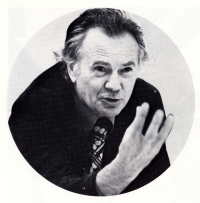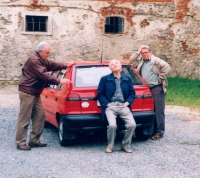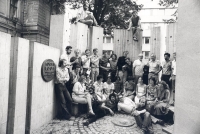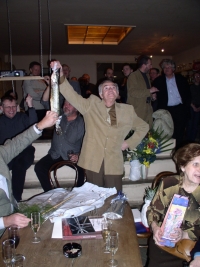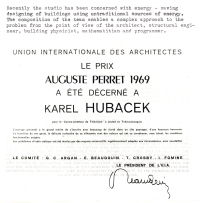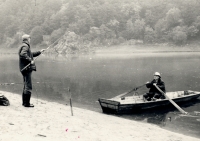If it wasn’t for President Ludvík Svoboda, Ještěd might not be standing

Download image
Mechanical engineer Ivan Hubáček, son of architect Karel Hubáček and Jaroslava Hubáček, née Martínková, was born on 20 May 1950 in Pilsen. When his father returned from basic military service in 1951, the family moved from Plzeň to Proseč nad Nisou and in 1956 to Liberec, where Karel Hubáček worked at Stavoprojekt. When the mountain chalet on Ještěd burned down in 1963, Karel Hubáček entered a tender for the construction of a mountain hotel with a transmitter on Ještěd and surprisingly won with his design, a high-tech construction. Ivan Hubáček helped with the construction of Ještěd as part of his student work. On 21 August 1968, during the occupation of Czechoslovakia by the armies of five communist countries, he witnessed the tragic events in front of the Liberec Town Hall. His father, Karel Hubáček, helped the then playwright Václav Havel and actor Jan Třísk to secure an anti-occupation broadcast from Ještěd. During the period of normalisation, the entire Hubáček family experienced surveillance by State Security . In 1968, Ivan’s father signed one of the most important documents of the Prague Spring, Two Thousand Words. The construction of Ještěd began to face problems during the normalisation period, and there was no political support for it. Only after Karel Hubáček wrote a letter to President Ludvík Svoboda was the mountain hotel with a transmitter on Ještěd completed in 1973. Ivan Hubáček graduated in 1974 from the University of Mechanical Engineering and Textiles with a degree in glass and ceramic machinery. After the war at the air base in Čáslav, he worked as a technician in a panel factory in Česká Lípa and in 1980-1989 at the General Directorate of Civil Engineering in Liberec. After the Velvet Revolution in 1989, he started his business activity in the production of lighting fixtures and souvenirs. He also travelled to all corners of the world on a yacht and catamaran, having been a windsurfer and sailor since his youth. For twelve years he and his family cared for his famous father who suffered from Alzheimer’s disease. In retirement, Ivan Hubáček, together with his wife Ivana, son Petr and brother Roman, takes care of the copyright on Ještěd and the legacy of architect Karel Hubáček. The family sold the Hubáček family house to the Liberec Region in 2023. In cooperation with the North Bohemian Museum in Liberec, not only will an exhibition dedicated to Hubáček’s work be created there, but the space will also be used for student exhibitions and architectural workshops.
